Are you tired of dealing with misunderstandings and conflicts with your tenants? Building and maintaining good landlord-tenant communication is the key to a smooth and hassle-free rental experience.
By implementing effective communication strategies, you can cultivate a positive relationship with your tenants and ensure their satisfaction. In this article, we will guide you through the essential steps to establish clear and open lines of communication, set expectations from the start, and address any concerns that may arise.
By actively listening and promptly addressing tenant issues, you can create a harmonious living environment and foster trust. So, let’s dive in and learn how to build and maintain good landlord-tenant communication for a successful rental journey.
Establishing Clear Communication Channels
Establishing clear communication channels is essential for fostering effective landlord-tenant interactions. When it comes to renting a property, open and transparent communication is crucial for both parties.
As a tenant, it’s important to clearly express your needs and concerns to your landlord. This can help to ensure that any issues or maintenance requests are addressed in a timely manner.
On the other hand, as a landlord, it’s vital to provide your tenants with clear guidelines and expectations regarding the property and any rules or policies that need to be followed.
Setting Expectations and Boundaries
To ensure a successful landlord-tenant relationship, it’s important for both parties to establish clear expectations and boundaries. By setting these parameters from the beginning, you can avoid misunderstandings and conflicts down the line.
As a landlord, communicate your expectations regarding rent payment, property maintenance, and any specific rules or regulations. Make sure your tenant understands their responsibilities, such as taking care of the property and adhering to any lease agreements.
On the other hand, tenants should express their expectations regarding repairs, privacy, and any concerns they may have. It’s crucial to have open and honest communication to address any issues that may arise promptly.
Active Listening and Empathy
When building and maintaining good landlord-tenant communication, it’s vital to actively listen and show empathy towards each other’s concerns and needs.
Actively listening means giving your full attention to the other person, hearing their words, and understanding their perspective. It involves asking clarifying questions, summarizing their points, and responding appropriately. By actively listening, you demonstrate that you value their opinion and are willing to work together to find solutions.
Additionally, showing empathy is crucial in fostering a positive relationship. It means understanding and sharing in the emotions and experiences of the other person. By empathizing, you create a safe and supportive environment where open and honest communication can thrive.
Promptly Addressing Tenant Concerns
Addressing tenant concerns promptly is a key responsibility of a landlord. When your tenants have concerns or issues, it’s important to respond in a timely manner. Promptly addressing tenant concerns shows that you value their satisfaction and well-being. It also helps to maintain a positive landlord-tenant relationship.
When a tenant reaches out with a concern, make sure to acknowledge their message or request as soon as possible. Take the time to understand their issue and provide a solution or plan of action. This could involve scheduling repairs, addressing noise complaints, or resolving any other issues that may arise.
Regularly Evaluating and Improving Communication Practices
How can you ensure that your landlord-tenant communication remains effective and efficient over time?
Regularly evaluating and improving your communication practices is key. Start by setting aside time to reflect on your current communication methods. Are they working well? Are there any areas that need improvement?
Consider seeking feedback from your tenants to gain valuable insights into their communication preferences and needs. Actively listen to their suggestions and make adjustments accordingly.
Additionally, stay up-to-date with technological advancements that can enhance communication, such as online portals or messaging apps. Continuously educate yourself on effective communication strategies and consider attending workshops or seminars.
Building and maintaining good landlord-tenant communication is essential for a successful rental experience.
By establishing clear communication channels, setting expectations, actively listening, and promptly addressing concerns, landlords can foster trust and improve tenant satisfaction.
Regularly evaluating and improving communication practices ensures ongoing positive relationships. At SWFL Commercial Group, we specialize in commercial property management and are dedicated to helping landlords enhance their communication skills for better tenant relationships.
Contact us today to start building stronger connections with your tenants.




